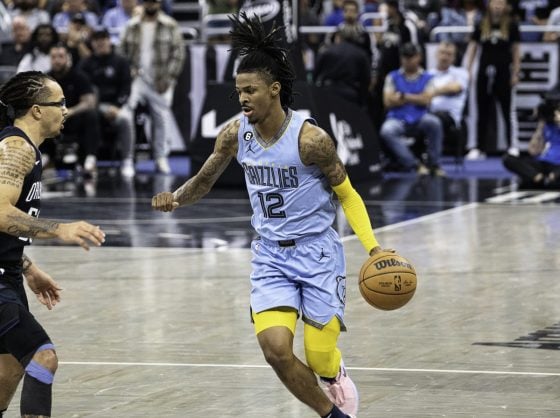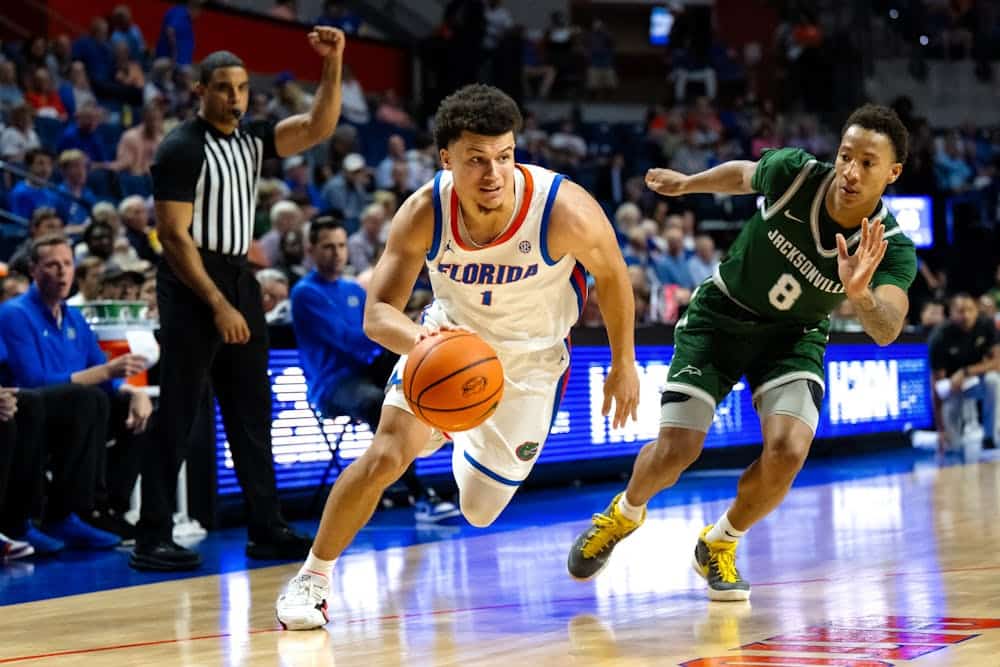Former Real Madrid bigman Felipe Reyes will be named a EuroLeague Basketball Legend on February 11th, EuroLeague announced earlier today. Reyes will become the seventh player to receive the designation.
He will join other legendary EuroLeague superstars like Sarunas Jasikevicius, Juan Carlos Navarro, Ramunas Siskauskas, Theodoros Papaloukas, Dimitris Diamantidis and Mirsad Turkcan.
Per EuroLeague:
“One of the most emblematic European stars of the new millennium, Felipe Reyes, will be honored for his achievements in the continent’s elite when he is named an official Euroleague Basketball Legend on Friday, February 11, before the latest edition of a rivalry, Real Madrid vs. FC Barcelona, that he helped define for a new generation of fans.
Reyes retired last summer at age 41 after a remarkable 23-year career in which he won 24 club titles, all except one of them with Real Madrid, where he played for 17 seasons. A warrior who had few peers in the battles under the basket, Reyes sacrificed for his team as few players before or since, and in so doing won the universal respect of teammates, opponents and fans across the basketball world.
Reyes made his EuroLeague debut at age 20, with Estudiantes Madrid in the competition’s original season, playing for that club until 2004. He helped Estudiantes win a Spanish Copa del Rey in 2000 and to reach the EuroCup Semifinals in 2003 and 2004.
Soon after joining Real Madrid in the summer of 2004, Reyes became the team’s captain and the embodiment of the competitive spirit that led the club to a new golden age. First, they conquered the EuroCup together, with Reyes recording the highest performance rating in the 2007 championship game as Real lifted its first international trophy in a decade.
The best was yet to come, however, as Real rejoined the EuroLeague to stay the following season, working its way up to the playoffs a year later and returning to the Final Four for the first time in 15 years in 2011. Next came back-to-back runner-up finishes at the championship games in 2013 and 2014, setting up the team’s return to the highest step in European basketball.
Playing at home in the Spanish capital in the 2015 Final Four, nothing could stop Real until Reyes, as team captain, lifted the trophy at midcourt for the club’s first EuroLeague title since 1995. The wait for another would not be long. Three years later, Real soared at the 2018 Final Four in Belgrade and once again Reyes did the honors of raising the EuroLeague trophy to the rafters, giving the Spanish giants an even 10 continental titles, two more than any other club.
By the time he retired, Reyes finished his EuroLeague career ranked first all-time in offensive rebounds (705); second in total rebounds (1,799), free throws made (967) and fouls drawn (1,308); third in games played (357); sixth in performance index rating (3,775); and eighth in scoring (3,029). Appropriately, Reyes had his best single-season numbers, and was voted to the 2014-15 All-EuroLeague First Team, in the same weekend that Real’s return to the summit of the sport in Europe.
Reyes becomes the seventh player to receive the Euroleague Basketball Legend designation, joining previous honorees Sarunas Jasikevicius, Juan Carlos Navarro, Ramunas Siskauskas, Theodoros Papaloukas, Dimitris Diamantidis and Mirsad Turkcan. The late Dusan Ivkovic has also received the award as a head coach, as has Maccabi Tel Aviv’s Shimon Mizrahi as a club executive.
Besides his international club success, Reyes also helped Real win eight Spanish League titles and lift the Spanish Copa del Rey six times. He was chosen as the Spanish League MVP in 2009 and 2015 and earned Spanish Finals MVP honors in 2007 and 2013. Reyes also led Madrid to the Intercontinental Cup title in 2015.
He has been just as distinguished a member of the Spanish national teams of his generation that reached unprecedented success this century. He helped Spain win gold medals at the 2006 World Cup and at EuroBaskets in 2009, 2011 and 2015. He also helped Spain capture three Olympic medals – silvers at Beijing 2008 and London 2012, and bronze at Rio 2016 – as well as EuroBasket silvers in 2003 and 2007, and bronze in 2001.”






